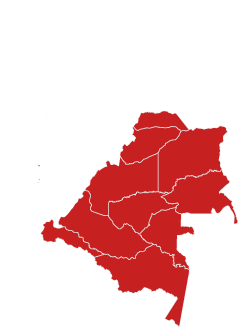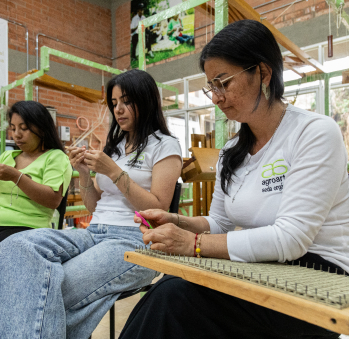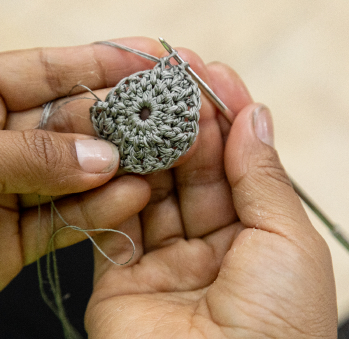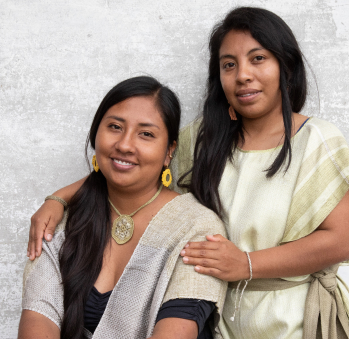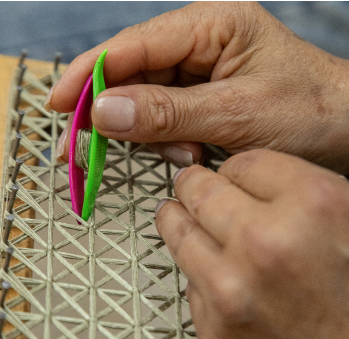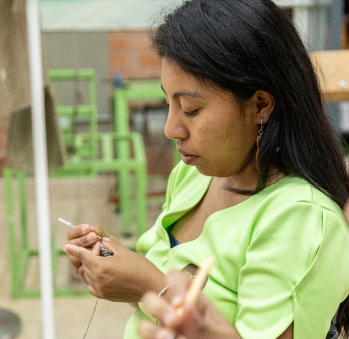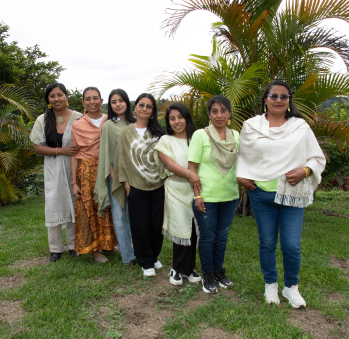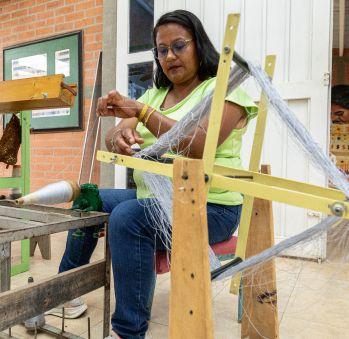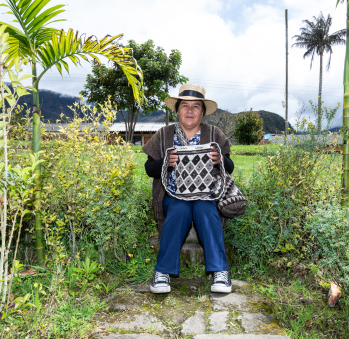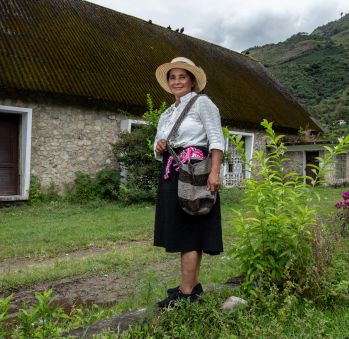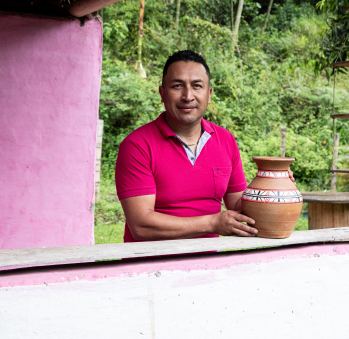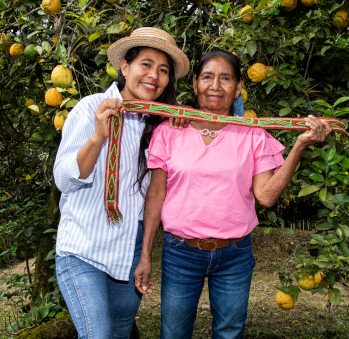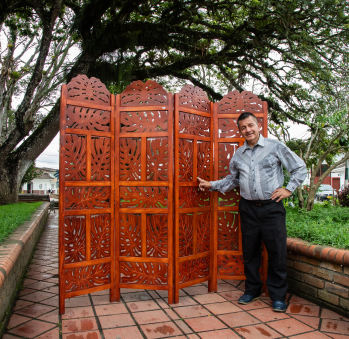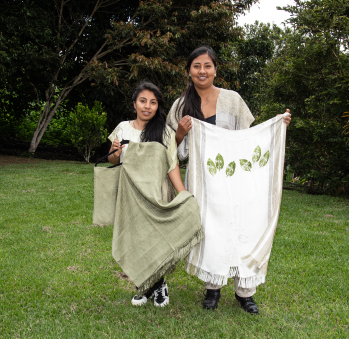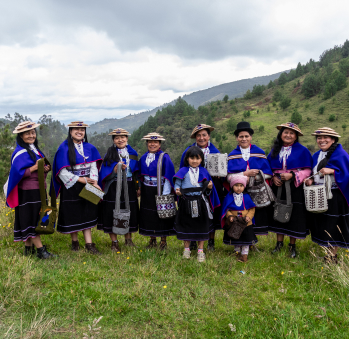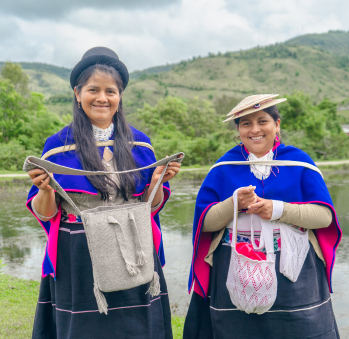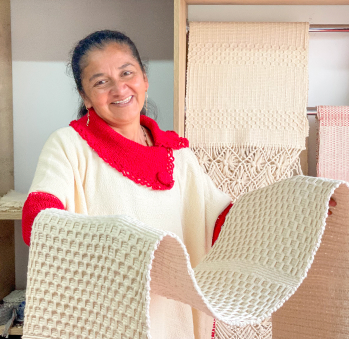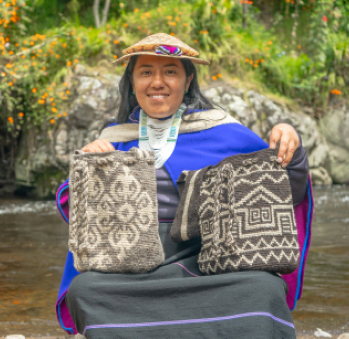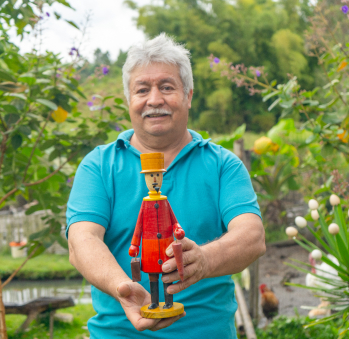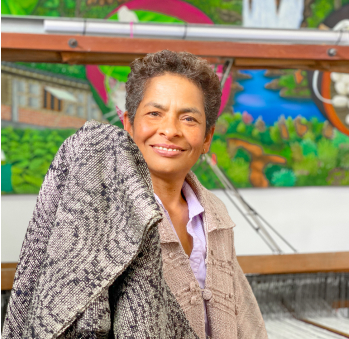Agroarte
Workshop: AGROARTE ASOCIACION ARTESANAL Y AGROPECUARIA
Craft: Weaving
Trail: Popayán-Páez Route
Location: El Tambo, Cauca
SCHEDULE YOUR VISIT
Vereda La Muyunga, corregimiento de Piagua municipio Tambo
3114353112, 3126887992
agroarte2012@gmail.com
@agroarte_artesanias
@p/Agroarte-100-SEDA-100054518287836
The first thing you feel when talking to Anyi Ballesteros and Deyanira Domínguez is hope. These are two women with a clear vision: to place their hometown of El Tambo, Cauca, on the map of Colombian cultural tourism. And to that end, you immediately sense an unstoppable force in them—one complements the other, they quote each other, celebrate each other, stand by each other. And as you listen, you understand that this strength isn’t devoid of gentleness, and you realize that being gentle doesn’t make them any less credible. They are sustained by the power of their stories, their love for their families, and their deep awareness of the importance of preserving their town’s artisanal legacy.
What better metaphor for this story, then, than the delicate silk worm and the mulberry tree that shelters it and watches it be born—until it is ready to begin its journey, transforming into thread, then fabric, and finally into a garment that adorns someone else’s body. Matter transformed. Made eternal.
Anyi didn’t grow up with silk worms, unlike Deyanira, but she recounts their arrival to Cauca as if she had lived it herself. She married into a family that has preserved the tradition, and in doing so, she inherited a new kind of knowledge. She reminds us that this region was historically coffee-growing, and that in the 1980s, Colombia’s National Federation of Coffee Growers launched a project to introduce alternative crops that could supplement coffee production. That’s when the silk worms arrived from Korea, along with the art of sericulture. About 180 families joined the initiative, learning to grow mulberry trees—the silk worm’s habitat—and to care for the insects from cocoon to thread to loom. It was a titanic undertaking that required large investments but, sadly, did not succeed. The worms struggled to adapt to Cauca’s soil, and only two families survived the collapse of the project, says Anyi with a tinge of sadness. One of those families is her husband’s. Deyanira, on the other hand, lived the story firsthand. She’s known silk worms since she was six years old, and her artisan hands were shaped by crocheting with silk thread.
But that’s the past. These two entrepreneurial women focus on the present and look to the future. They’re committed to generational transfer of knowledge, to multiplying artisanal techniques, to collective work, and to the fruitful alliance between craftsmanship and tourism. They know it’s a winning strategy. But they also know it won’t be easy—not because their product lacks quality or beauty, but because they live in a disputed land.
Armed conflict has long haunted Cauca, and the region has been unfairly stigmatized—despite being a place rich in cultural symbols, such as the Indigenous Guard, one of the few communities to stand up to guerrilla groups, keeping them away from their lands armed only with their ceremonial staffs. But war, in its injustice, takes everything down with it—including dignity. Anyi and Deyanira fight against that erasure. They invoke the beauty of their landscapes and their people, who are innocent of wars waged by others. And they move forward with determination. If coca is planted, they say, let’s honor the sacred leaf by using it to dye silk threads. If you can’t defeat your enemy, then repurpose him—they seem to say, inviting us to cross the barrier of fear and prejudice and visit them, to discover the other side of their story.
Craft
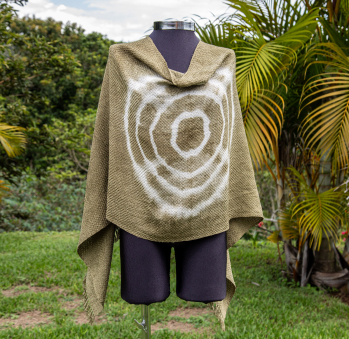
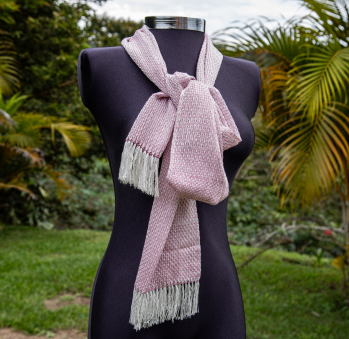
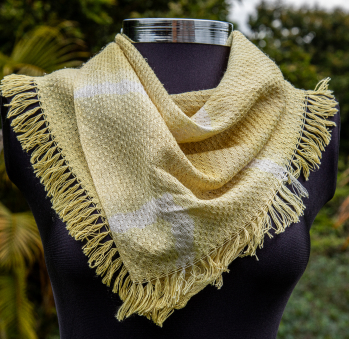
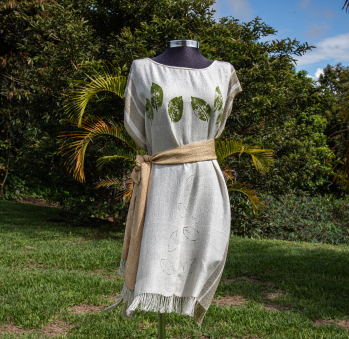
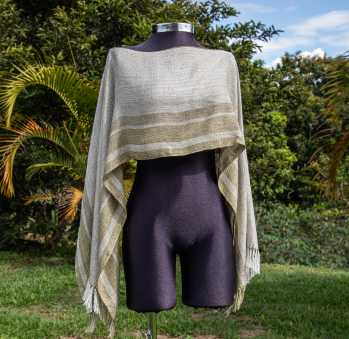
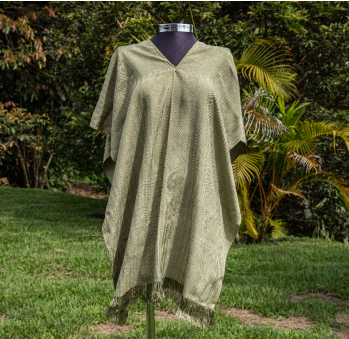
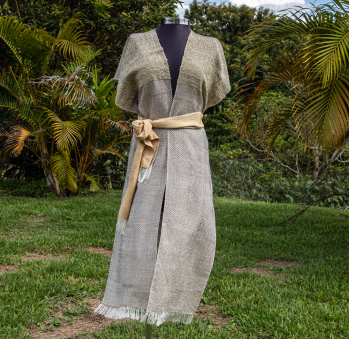
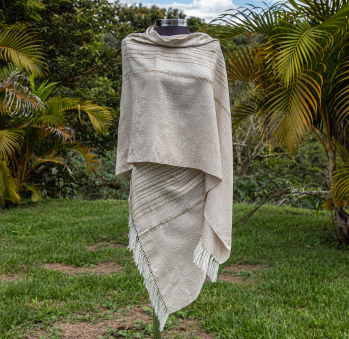
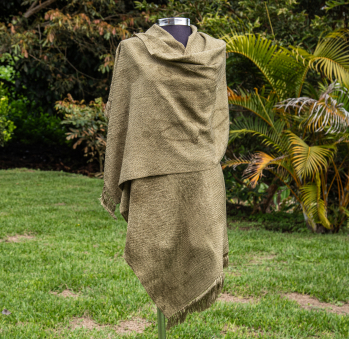









Artisans along the way
Artisans along the way
No puede copiar contenido de esta página

